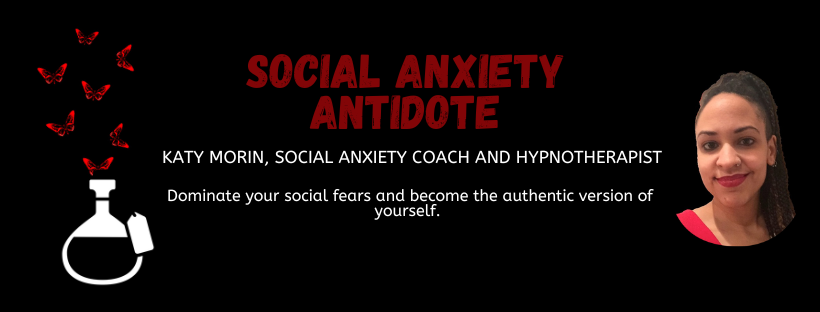Do you consider yourself an introvert? Introverts are misunderstood in many ways. Usually, an introvert is confused with someone who is shy or has social anxiety. That’s not the case. An introvert has very specific attributes that may look antisocial but have nothing to do with anxieties or avoidance of crowds.
Let’s take a look at some definitions:
Antisocial- Antisocial has two definitions. The clinical definition includes being devoid of the social and moral values of a culture. The inability to discern social queues and adopt empathy or typical social behaviors. Another less intense definition is being reserved, withdrawn, and not wanting the company of others.
Clinical antisocial behavior isn’t as simple as wanting alone time. It’s a lack of key concepts or social standards such as empathy or a sense of right and wrong. Clinical antisocial behavior is where the term sociopath comes from.
Introvert- An introvert is someone who needs to disconnect from others in order to regain their energy. Introverts gather their energy alone and expel their energy in group settings. By contrast, an extrovert charges their energy from being in a group and drains their energy when they are alone.
Some attribute shyness to introversion, but this is not correct. An introvert can be shy, but that isn’t a given. Introverts can be very outgoing and engaging when they are in groups, but they thoroughly enjoy their own company and require significant time alone between social interactions.
Shyness- is the tendency to feel awkward, worried or tense during social encounters, especially with unfamiliar people. Severely shy people may have physical symptoms like blushing, sweating, a pounding heart or upset stomach; negative feelings about themselves; worries about how others view them; and a tendency to withdraw from social interactions.
Most people feel shy at least occasionally. Some people’s shyness is so intense, however, that it can keep them from interacting with others even when they want or need to — leading to problems in relationships and at work.
Social anxiety- (also called social phobia) is a mental health condition. It is an intense, persistent fear of being watched and judged by others. This fear can affect work, school, and your other day-to-day activities. It can even make it hard to make and keep friends. But social anxiety disorder doesn’t have to stop you from reaching your potential. Treatment can help you overcome your symptoms.
Things to consider if you’re an introvert:
Consider this: As an introvert you may have worried that you are suffering from social anxiety when being in crowds or being “on” goes on for too long. Many of the symptoms of socially anxious people happen to introverts who have exceeded their limits in social situations. Feeling anxious, wanting to disengage, feeling overstimulated, and other symptoms are normal. It simply is a signal from your body to get alone and recharge.
Consider this: Introverts tend to be very socially aware which can cause overwhelm and overstimulation. Being intentional about which social situations to be in and for how long is a key to managing burn out. Be willing to set boundaries and pick and choose which events to engage in to protect yourself from overwhelm. Have a plan for alone time built into each day to recharge and refresh. Make extra time when being social is unavoidable.
You may have linked introversion with social anxiety. That’s a common misconception. If you are one of the millions of introverts in social situations, there are steps you can take to manage the quantity of time you are social and reduce the anxieties that come from too much company.
For more information on how to thrive as an introvert, check out my free Introvert Survival Guide, in my free course 'First Steps to Freedom: Starting Your Social Anxiety Recovery'.
For more information on how to thrive as an introvert, check out my free Introvert Survival Guide, in my free course 'First Steps to Freedom: Starting Your Social Anxiety Recovery'.
This free course has been specially designed to provide you with various free resources to help you understand, manage and overcome social anxiety.
Join my community, where I will share more tips and techniques to overcome social anxiety.

